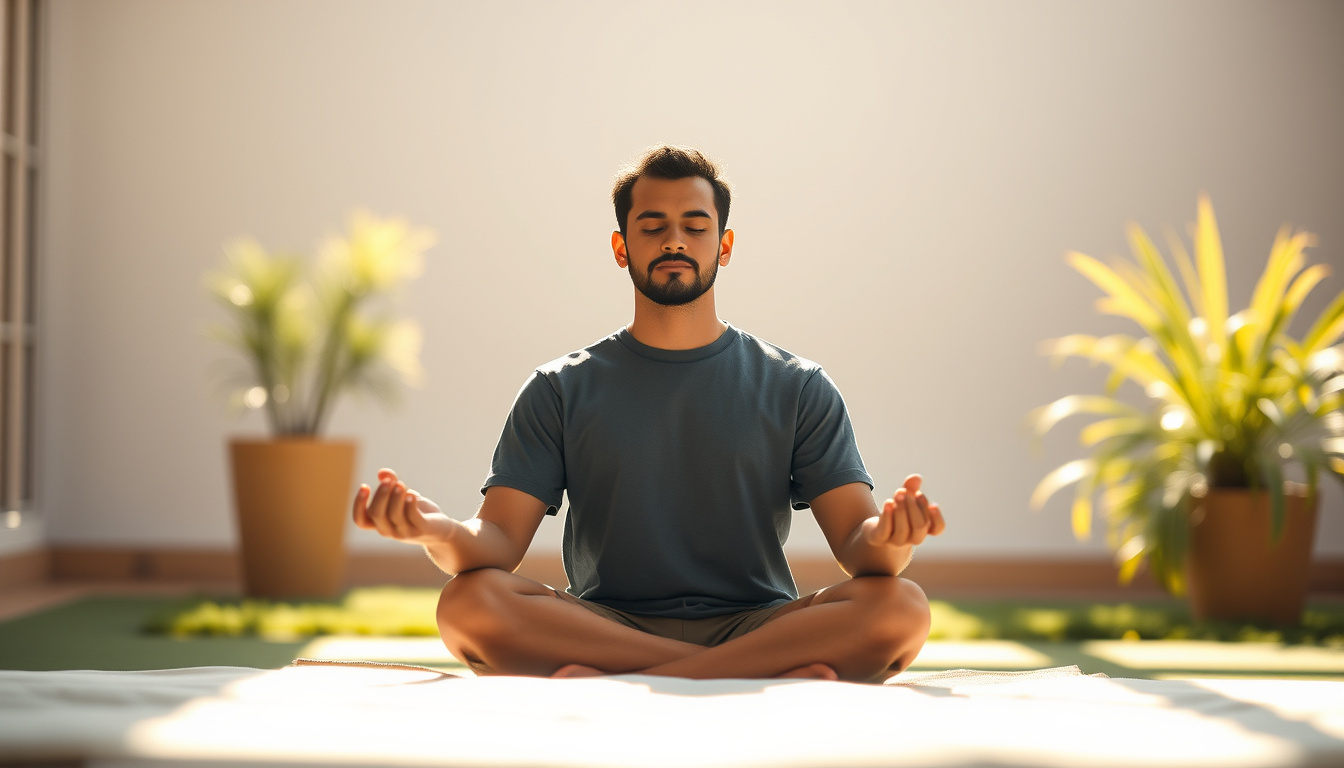🌟 Daily Awakening Quiz 🌟
In today’s fast-paced world, finding ways to enhance mindfulness and reduce stress is more important than ever. Meditation has emerged as a highly effective practice, helping millions worldwide achieve mental clarity, emotional stability, and physical relaxation. Whether you’re a beginner or an experienced meditator, employing the right strategies can significantly boost the effectiveness of your meditation sessions. In this article, we’ll explore essential meditation tips to deepen your practice and reap its full benefits.
Understanding the Power of Meditation
Meditation is a practice that involves focusing your mind and eliminating distractions to achieve mental clarity and emotional calm. Regular meditation has been linked to numerous health benefits including improved concentration, better sleep, reduced anxiety, and lower blood pressure (source). However, like any skill, meditation requires patience, consistency, and proper techniques to truly transform your mental landscape.
Key Meditation Tips to Enhance Your Practice
1. Create a Consistent Routine
One of the foundational meditation tips is to set aside a specific time each day. Consistency helps train your brain to enter a meditative state more quickly over time. Whether you prefer mornings to start your day or evenings to unwind, dedicating just 10-15 minutes daily can make a significant difference.
2. Find a Quiet and Comfortable Space
Your environment plays a crucial role in meditation. Choose a quiet, clutter-free area where you won’t be disturbed. Use cushions or chairs that support a comfortable seated position. An inviting space encourages longer and more focused sessions, making it easier to relax and stay present.
3. Focus on Your Breath
A simple yet powerful meditation technique involves mindful breathing. Pay close attention to the sensation of air entering and leaving your nostrils, or the rise and fall of your chest. Whenever your mind drifts, gently redirect your focus back to your breath. This practice enhances concentration and anchors you in the present moment.
4. Use Guided Meditations
For beginners, guided meditation sessions can provide valuable structure and coaching. Many apps and online platforms offer guided meditations that focus on relaxation, mindfulness, or specific goals like stress reduction. The guidance often helps prevent wandering thoughts and keeps your attention directed.
5. Incorporate Body Scanning
Body scanning involves mentally noting the sensations in different parts of your body—from head to toes. This technique promotes relaxation and enhances self-awareness. As you scan, acknowledge any tension or discomfort without judgment and breathe into those areas.

6. Practice Mindfulness Throughout the Day
Meditation isn’t limited to formal sessions. You can incorporate mindfulness into daily activities, such as eating, walking, or even washing dishes. Being fully present during these moments helps reinforce your meditation practice and cultivates a calmer, more centered lifestyle.
7. Be Patient and Non-Judgmental
Progress in meditation takes time. Some days will be easier than others, and thoughts will inevitably arise. Instead of criticizing yourself, accept distractions as part of the process and gently bring your focus back. Patience and self-compassion are vital to sustained growth.
Effective Meditation Practices to Try
Here’s a quick list of popular meditation techniques:
- Mindfulness Meditation: Focus on your breath or sensations to remain present.
- Loving-Kindness Meditation: Cultivate compassion towards yourself and others.
- Body Scan: Mentally scan your body, noticing sensations without judgment.
- Visualization: Imagine a peaceful place or scenario to induce relaxation.
- Chanting or Mantra Meditation: Repeat a word or phrase to deepen focus.
Overcoming Common Meditation Challenges
Many beginners face obstacles such as difficulty relaxing, racing thoughts, or inconsistency. Here are some practical solutions:
- Thoughts Running Wild: Gently acknowledge distractions and return to your breath or chosen focus.
- Feeling Restless: Shorten sessions initially; gradually increase duration as comfort grows.
- Lack of Motivation: Join a meditation group or set reminders to maintain consistency.
- Physical Discomfort: Adjust your seating arrangement for better comfort.
Remember, meditation is a journey, not a perfect art. Persistence and openness to learning often lead to profound benefits.
FAQs About Meditation
Q1: How often should I meditate for optimal benefits?
A: Daily practice of at least 10-15 minutes is recommended. Consistency matters more than duration—short, regular sessions are often more effective than sporadic, longer ones.
Q2: Can meditation really reduce my stress levels?
A: Yes. Numerous studies show that regular meditation decreases cortisol levels and improves emotional resilience, helping you better manage daily stressors.
Q3: What’s the best type of meditation for beginners?
A: Mindfulness meditation and guided meditations are ideal starting points. They provide structure and help develop focus while you build your practice.
The Science Behind Meditation’s Stress-Relief Power
Research shows that meditation can positively influence brain regions associated with emotional regulation, such as the amygdala and prefrontal cortex. Regular practice can rewire neural pathways to favor calmness and focus over anxiety and worry. Additionally, meditation enhances parasympathetic nervous system activity, which promotes relaxation and reduces stress hormones, leading to a more peaceful state of mind (source).
Conclusion: Start Your Meditation Journey Today
Embracing meditation as part of your daily routine can fundamentally transform your mental health, reducing stress and amplifying mindfulness. Remember, every practice counts, and even brief daily sessions your mind and body will thank you. Whether you’re seeking a moment of calm before your busy day or a tool to manage ongoing stress, these meditation tips will guide you toward a more centered, peaceful life.
Don’t wait to experience the profound benefits of meditation—begin today and watch how it enhances your overall well-being. Your journey to mindfulness and stress reduction starts now!
